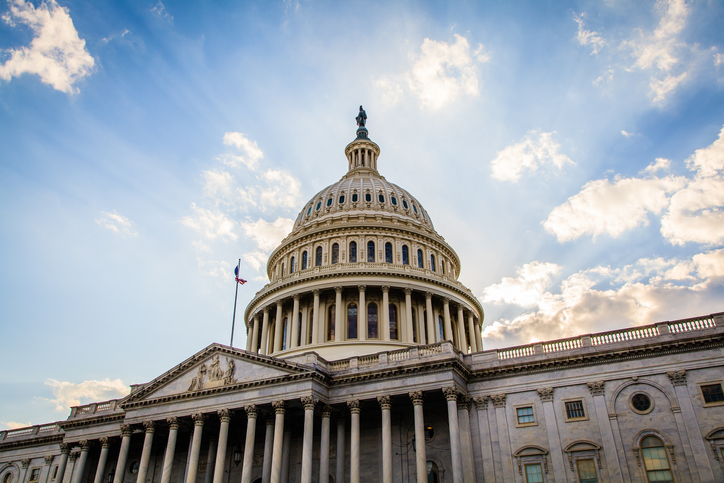
Inside an In-Person Visit with Congressional Staff: The Power of Personal Insights

Michael Butera, MD, FIDSA is a physician on the move, whether it is taking care of patients across the San Diego area, serving as a delegate to the California Medical Association, or leading county and city efforts to combat infectious diseases. On a recent trip to Washington, DC to represent IDSA at the American Medical Association’s House of Delegates meeting, Dr. Butera made time in his schedule to thank staff of several key California House and Senate members for their support of federal ID and HIV programs and to urge an even deeper investment in these programs to ensure a current and future robust infectious diseases workforce.
Congressional staff, including several members of key House and Senate committees learned about Dr. Butera’s practice, which spans four health systems in the San Diego area, and that he is one of only a few infectious diseases physicians treating patients in need of care, including individuals living with HIV/AIDS, STDs, and those with opioid-related infections. “If I left my practice, many of my patients would be without access to care for their infections,” Dr. Butera confided.
He shared his concern for the future ID workforce in California and across the country, which is in jeopardy because of the continued undervaluing of CMS evaluation and management codes and the agency’s final Outpatient Physician Fee rule that appears to include cuts in reimbursement for some complex visits. Many staff were familiar with this issue because their member of Congress joined House and Senate letters to CMS urging the agency to protect access to care for ID patients and the ID workforce. Dr. Butera asked them to join IDSA in continuing to urge CMS to ensure ID physicians are reimbursed fairly.
Dr. Butera also shared the work that he and other ID physicians do to address antimicrobial resistance and educate physicians and hospital systems about the importance of stewardship efforts, and how many of these local efforts are supported by funding provided through the National Institutes of Health and the Centers for Disease Control and Prevention. He shared with staff that 35 percent of IDSA’s members are physician-scientists who are engaged in ID and HIV research efforts, including those who are very early in their scientific endeavors. Dr. Butera said that despite increased funding for the NIH, success rates for early-career research grants (K awards) are stagnant and are discouraging young researchers from pursuing ID and HIV research careers. Dr. Butera said, “My colleagues and I need these young researchers. The work they do may result in a cure for HIV and other breakthrough diagnostics and treatment to combat infectious diseases.” Dr. Butera urged congressional offices to devote additional federal resources to supporting young ID and HIV researchers.
Dr. Butera’s visit provided House and Senate with a valuable snapshot of the work of ID physicians and the importance of federal support for ID and HIV programs, especially the need for a deeper investment in the ID and HIV physician-scientist workforce. If you are interested in sharing your experience with members of Congress, please let IDSA know at advocacy@idsociety.org.

